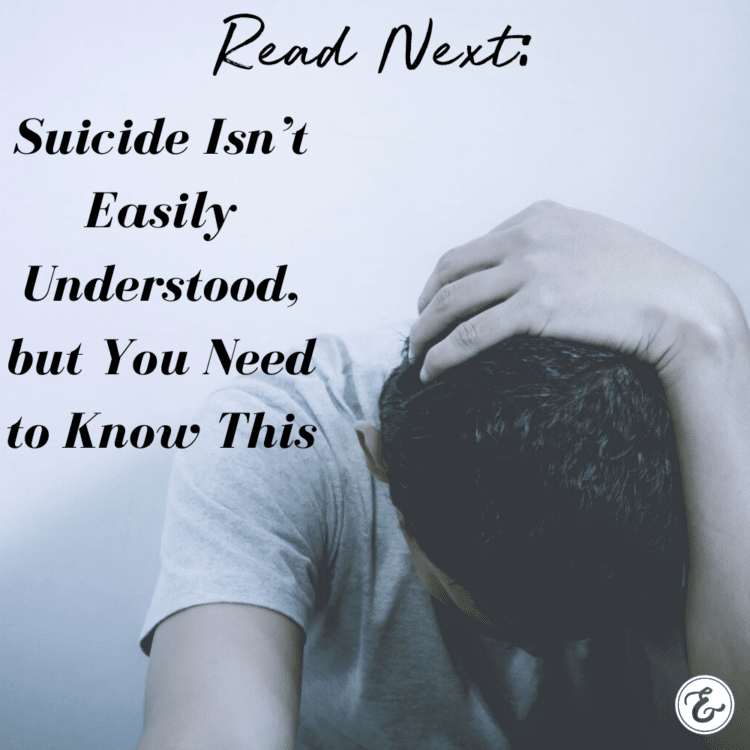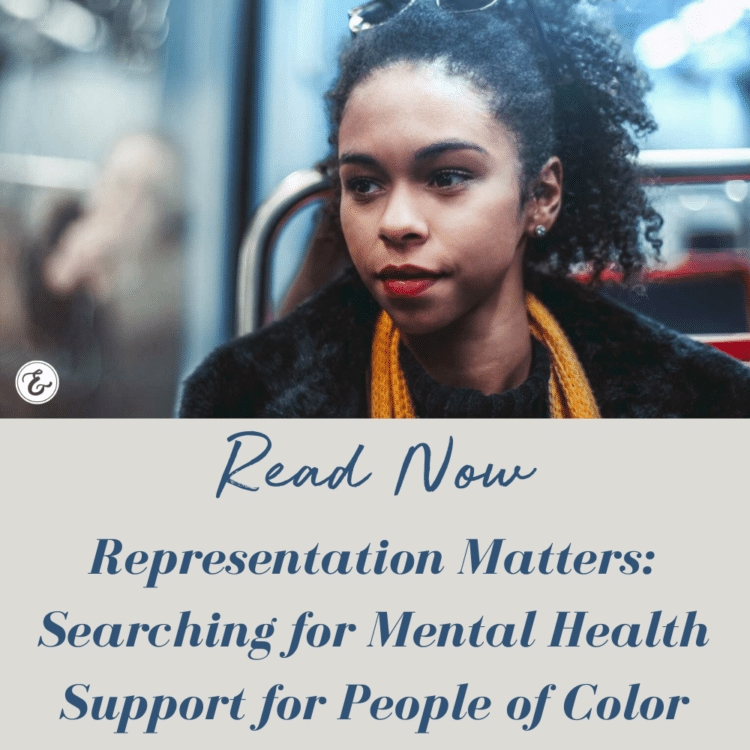I never would’ve believed it if I hadn’t experienced it.
Our bodies store trauma through associations with dates, places and seasons. For some, the holiday season is their trigger season. Personally, as the weather transitions from summer to fall, even if it’s the furthest thing from my mind, I sense my trauma sneaking up on me in unexpected ways like headaches, negative self-talk, bad moods, lethargy—you name it. But even as these seasons approach, we can find ways not only to survive, but thrive during them.
Identify Your Emotional Triggers
One of the greatest gifts we can give ourselves in a triggering season is self-awareness. My trauma occurred when my boyfriend took his own life, deeply engraining painful dates into my subconscious, even into my DNA. It was in Japan around the time the leaves turned blazing hues with the air full of street vendors’ aromas of roasted sweet potatoes and chestnuts. All things that felt like fall.

When we take the time to become self-aware, we can recognize specific moments, conversations, hurtful words or actions from the past that we’re still carrying. Taking quiet time in a triggering season is painful, but rewarding when moments surface that reveal more of ourselves. Self-awareness can look like keeping a journal, checking in and asking “How do I feel right now mentally? Emotionally? Spiritually? Physically?” Then asking why.
Self-awareness also comes from honest conversations with others, from regular check-ins with our minds and bodies, and with the creation of a quiet “sanctuary” where we can look at ourselves objectively. What thoughts and emotions are guiding you this season? Where did they originate? An autumn festival, a slice of apple pie he loved, certain wood-burning smells hanging in the air?
Don’t Be Ashamed to Look for Help
Another way to thrive during these difficult seasons is to recruit some help. Recruit the people closest as support when you’re feeling off. Even when we think we’re doing a great job of hiding things, our loved ones sense when something is off. No one is served when we pretend our trauma doesn’t exist.
Realizing I couldn’t keep my pain hidden, I held the awkward conversation with my husband before we were married, explaining the triggers surrounding the time of my old boyfriend’s death. It wasn’t fair for me to keep him the dark, wondering why I was in such a foul mood despite it being a great day. My husband knew the general story, but this day I was struggling with specific details of the suicide. He graciously listened, gave me the hug I needed, and treated the rest of the day like a spa day. What a gem of a man.
Just like it’s challenging to administer our own care when sick with the flu, we may need someone else’s help to get through this season. When we find someone truly caring, there is no shame in sharing our stories with them. Just like a hot bowl of chicken noodle soup is good for a cold, a mental-health day with a friend in the sunshine might be what the doctor ordered.
Sometimes to thrive during our trigger season, after we’re aware it’s coming, is to prepare for it year-round by seeking professional help. By having a mental health professional, a therapist, or a counselor on our side, we inoculate ourselves in the same way we would against a virus.
When I knew I’d be visiting the little town south of Tokyo where my boyfriend died, I explained the situation to my therapist in detail. She provided suggestions, strategies, and support for the trip. Professionals offer insight and 
If we let it, therapy feels like the spa treatment of the mind. We owe it to ourselves and those around us to ensure we’re bringing our best selves to these seasonal gatherings.
If we’re facing a painful family scenario, it’s nice to have a professional preparing us in advance or even giving us the go-ahead to say “no” to attending if it’s unhealthy. We’re here to thrive, not just survive.
Treat Yourself During Your Trigger Season
Speaking of spa-treatments, if all else fails, a triggering season may be best spent like a resort weekend. As children, we learn rewards come after a job well-done. As adults, maybe it serves us to do what brings joy when we’re in a triggering season. Within reason, we can go to our favorite restaurant, finally visit that one place we’ve been dying to go, or call up that person we’ve been missing. Do what brings joy.
Within the first few years after my boyfriend’s suicide, I found myself in Manhattan on the anniversary. Tears shed. Emotions not ignored. Ice cream eaten. I discovered a unique cure for the worst of days was popping down to check for discounted Broadway tickets and taking myself to a show. Looking back, I saw more Broadway shows during those first few years than I ever will in my life. I recruited friends to go with me, making their day as well. That season of intense pain filled up with some of the craziest, happiest memories of my life.
To be honest, at the time, it was rough. I cried through “Phantom of the Opera” and not because anyone died. It was worth it to pull myself up by my bootstraps, making a new memory each time I wanted simmer in the pain of old ones.
We can always remind ourselves that while thriving through our trigger season is tough, we’re tougher. We already survived the original trauma. With the right people around us, with knowledge of ourselves, awareness of what we’re experiencing, and what we truly need to find joy, we can make this our best season yet.
Maybe this isn’t the “happiest time of year,” but we can fight to ensure it’s our “healthiest” time of year. Not only for this year, but for all those to come.
—
If you’re struggling with the pain of something that happened in your past, there’s a 100% chance of finding healing. We encourage you to listen to this podcast episode to learn how: How Do I Begin to Heal from Past Emotional Hurt? with Elizabeth Bristol -186












